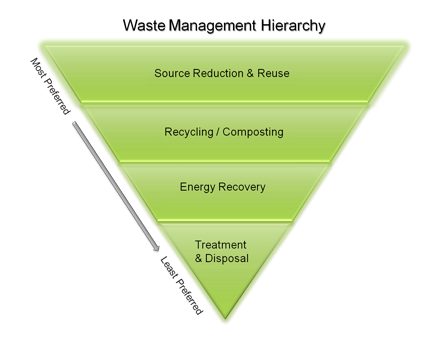It’s difficult to know what potential hazards common household cleaners can pose on your health and the environment. That’s why it’s important to always read the labels and play it safe with ANYTHING that says: toxic, flammable, poisonous, caution, or has any other warning on it.
For example, Linseed Oil, also known as Flaxseed Oil, is edible AND can serve a wood finish. My initial reaction is that if it’s edible, it can’t be that dangerous…little did I know that Linseed Oil can spontaneously combust when the oil is oxidized. Read more by visiting ABC News October 2012 report on Linseed Oil.
Besides some cleaners posing risks on their own when not stored and handled properly, you can also create a health threat by mixing certain chemicals. Keep reading to learn more about chemicals you should not mix…
Common Household Chemicals & Dangerous Mixtures
by Anne Marie Helmenstine, Ph.D., from About.com Guide
Some of the common chemicals found in your home shouldn’t be mixed together. It’s one thing to say “don’t mix bleach with ammonia”, but it’s not always easy to know what products contain these two chemicals. Here are some products you may have around the home that shouldn’t be combined.
Bleach with Acid Toilet Bowl Cleaners –
This mixture can result in toxic, potentially deadly fumes.
Bleach with Vinegar –
Vinegar is a type of acid. Toxic chlorine vapor is produced. Don’t mix chlorine bleach with any acid.
Bleach with Ammonia –
Toxic, potentially lethal vapors are produced. The main danger comes from chloramine vapors.
Different Brands of One Type of Product –
Don’t mix different cleaners together. They may react violently, produce toxins, or become ineffective.
Highly Alkaline Products with Highly Acidic Products –
Acids and bases (alkalis) can react violently, presenting a splash hazard. Acids and bases are caustic and may cause chemical burns.
Certain Disinfectants with Detergents –
Don’t mix disinfectants with ‘quaternary ammonia’ listed as an ingedient with a detergent. The effectiveness of the disinfectant may be neutralized.
Chlorine bleach is sometimes called “sodium hypochlorite” or “hypochlorite.” You will encounter it in chlorine bleach, automatic dishwashing detergents, chlorinated disinfectants and cleaners, chlorinated scouring powder, mildew removers, and toilet bowl cleaners. Do not mix products together. Do not mix them with ammonia or vinegar.
Read the labels of products in your home and following instructions for proper use. Many containers will state the most common dangers from interaction with other products.

